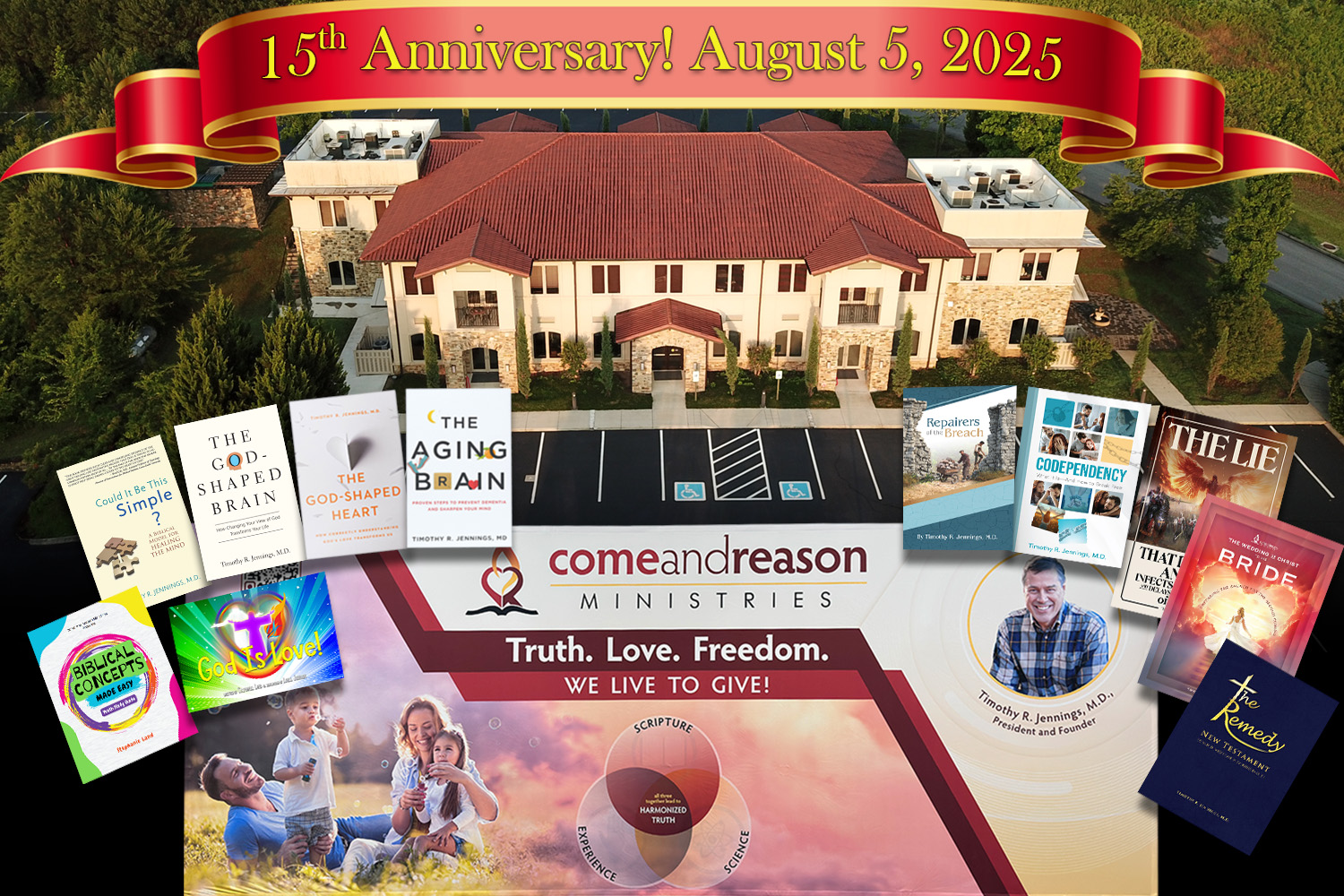When considering God, eternal truths, and the beliefs that we hold, have you noticed that even among people of the same faith there is often a lot of disagreement?
As I was thinking about why it happens, I realized that there are two general types of beliefs that we form: beliefs about the big things and beliefs about the little things.
And the problems in our relationshipsŌĆöthe divisions in churches, communities, and familiesŌĆöoften come when we assign big-thing importance to the little-thing beliefs. ┬Ā
The big-thing beliefs are truths of how reality work. The little-thing beliefs are the steppingstone ideas that lead us to understand reality.
The big things have a direct impact on how life functions. The little things donŌĆÖt.
The big things are always connected to the operations of life. The little things are tools to help us understand and learn how to live out the big things.
The big things have a direct effect on health and happiness. The little things only illustrate those effects.
The big things cause outcomes. The little things do not.
Below are some examples that contrast the big things and the little things people can believe. Consider how focus on the little things is often at the root of division in our families, churches, and communities.
┬Ā
Big Thing: Living in harmony with GodŌĆÖs design laws
Little Thing: Obeying a list of religious rules
┬Ā
Big Thing: The meaning (truths) contained in Scripture
It is the truths in Scripture that heal our minds and set us free (John 8:32). The words are the way in which meaning is conveyed, and the words only have value to the degree they effectively convey GodŌĆÖs truth. Thus, we replace Hebrew and Greek words with words in a language that the people can comprehend in order for the meaning (truths) of Scripture to be understood.
Little Thing: The words contained in Scripture
Arguing over whether this word or that word in a particular text is correct or whether this version or that version is ŌĆ£authorizedŌĆØŌĆörather than inquiring whether the truths, the meaning, come through clearly.
┬Ā
Big Thing: Dividing people based on character
Honest versus dishonest, loyal versus disloyal, kind versus cruel, loving versus selfish, etc.
Little Thing: Dividing people based on race, tribe, language, national origin, gender, economic status, etc.
┬Ā
Big Thing: Being baptized by the Holy Spirit
Experiencing the immersion of oneŌĆÖs heart and mind into the cleansing power and presence of God
Little Thing: The method of ceremonial baptism
┬Ā
Big Thing: Ingesting into our minds the truth (flesh) of Jesus and into our hearts the love/life (blood) of Jesus (John 6:53ŌĆō58)
Little Thing: The method of ceremonial communion service and the partaking of wafers and grape juice
┬Ā
Big Thing: Living modestly in ways that represent Jesus in our dress, comportment, and actions
Little Thing: Making a list of rules on dressŌĆöjewelry or religious hats, collars, or scarfs
┬Ā
Sadly, far too many people get stuck on the little things while ignoring the big things. They argue over ceremonies, rituals, metaphors, symbols, and various teaching tools that are designed to lead us to the reality of GodŌĆÖs kingdom, but they never seem to embrace and practice the design-law methods of God in how they live and treat others.
I encourage you to embrace and live out the big things (the eternal truths of GodŌĆÖs kingdom) and donŌĆÖt argue with people about the little things, but let every person be fully persuaded in their own mind (Romans 14:5).
┬Ā
┬Ā









 using your credit or debit card (no PayPal account needed, unless you want to set up a monthly, recurring payment).
using your credit or debit card (no PayPal account needed, unless you want to set up a monthly, recurring payment). instead?
instead?